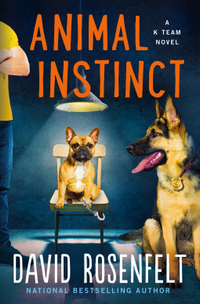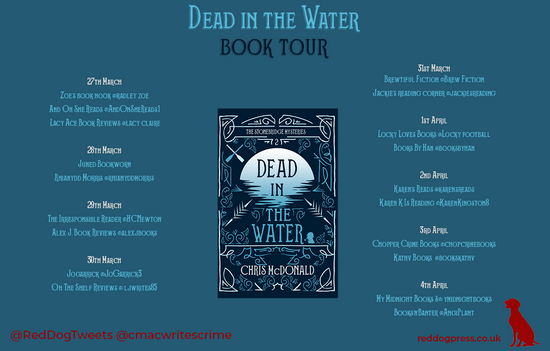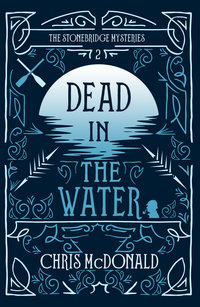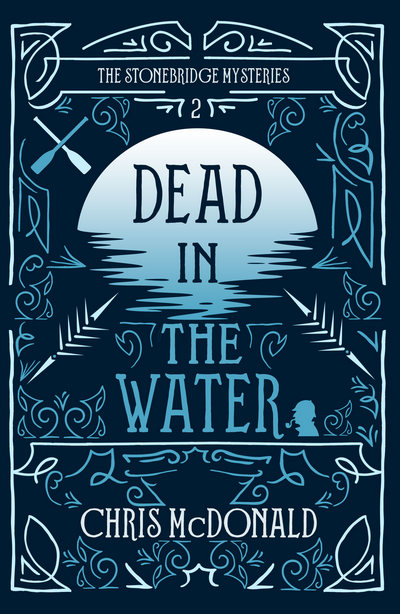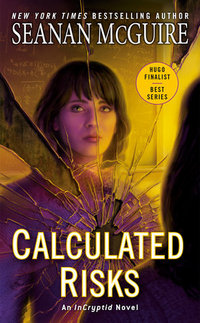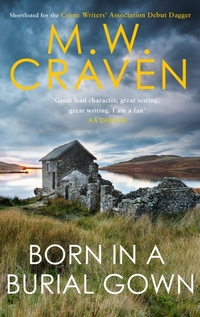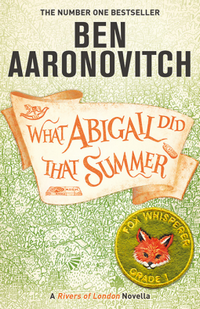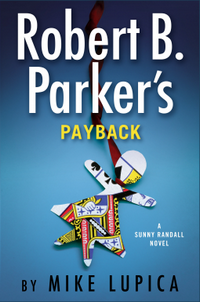 |
Robert P. Parker’s Paybackby Mike Lupica eARC, 352 pg. Read: April 14-15, 2021 |

What’s Payback About?
Sunny’s closest friend, Spike, has got himself in trouble—he needed some financial assistance to keep the doors of his restaurant open (like just about every restaurant in 2020) and let a long-time customer and friend, a hedge fund manager, loan him the money. But when Spike tried to pay off the loan, he learned the hard way that Alex Drysdale wasn’t so much a friend as he was an opportunistic toad, and thanks to clever work on the contract, Spike had defaulted on the loan almost immediately.
Spike has already let his fists do the talking (and broken Drysdale’s nose), but oddly enough, that didn’t help. So, Sunny decides she’s going to figure out a way to get Drysdale to release him. Financial crimes aren’t really Sunny’s forte—much less shady, but not criminal, financial deals—but Spike is family and she figures she can learn as she goes.
She’s barely begun digging into Drysdale and his practices when she gets a call from Lee Farrell who needs a favor. His niece, a student at Taft*, was assaulted and she refuses to talk to the police or Lee. Can Sunny help? Sunny tries to talk to her, but Emily keeps saying it was just a misunderstanding and refuses to explain anything. Lee’s worried about her, Sunny’s concerned and nosy. So while Lee deals with a major homicide investigation, Sunny starts digging into Emily’s life.
* Yup, Taft, the Parker-verse’s all-purpose university for people who don’t go to Harvard.
Before Sunny can really get anywhere with the Drysdale investigation, she’s warned off. THat warning quickly becomes direct threats against her, Spike, Richie’s son, and her father. You have to admit, that’s really not the most clever approach. Sunny warns them all to be careful and works harder to find something. One of the biggest things she finds is a link between the two cases.
Ahh, a Little COVID-19 Fiction
Early on, we’re told that this starts shortly after the pandemic is over and life has gone back to something akin to normal. But vaguely so, especially when this was written, no one had an idea when exactly this would be, so Lupica left things vague.
Also, Spike’s is in trouble because of the impact that COVID has had on restaurants.
I lost count of how many times that Sunny talked about the world falling apart and getting worse. Clearly, this is a product of 2020 (and 2021). I remember hearing and reading authors last year talking about not being sure how to address COVID in their works—if they were even going to. This is probably the best way to do it—acknowledge it happened, look at the changes/difficulties it brought about—and don’t get into the details.
Poor Lee Farrell
This is my biggest beef with the novel—and the more that I think about it, the more it bothers me.
So, Lee’s got a big case that he’s dealing with and a family member in trouble—and he’s still not in the book that much. Belson plays a bigger role than Lee does in the book, which is fine because it’s not like Belson gets a lot of use in the Atkins novels, and he shouldn’t be put out to pasture. But this was a chance for Lee to get to shine and Lupica let it pass by.
I like Lee, and have since Paper Doll (he was one of the few good things in that novel), but Parker never used him all that much—and Lupica does the same. It’s time for Lee Farrell to really get a moment.
Sunny and The Men in Her Life
There are two other things that Lupica inherited from Parker that he’s maintained—but I’d like him to move on. From Family Honor on, there’s been this tension between Sunny’s independence, being able to make it as a female in a male-dominated world/industry and her being dependent on men like Richie and Spike (and a couple of others) to help out when things get dangerous. I can see revisiting the issue from time to time, but the authors have spent so much time on it, the reader has to wonder—why doesn’t Sunny do something about it? Either step up her fitness and martial arts training, or partner up with a female who can handle the shooting and hand-to-hand stuff. They exist.
Similarly is her seemingly everlasting tie to Richie, being unable to let him go—even as it’s clear she needs to, for at least his son’s sake. Her level of commitment to Jesse Stone could use some definition as well, but that’s not going to happen as long as Richie’s around (and, I’m not sure Jesse’s capable of it). Coleman was able to get Jesse to the point where he was able to let go of Jen (a move that was more overdue than Sunny and Jesse). I’d like to see Sunny do something similar, all that therapy she’s received should be enabling her to make some tough choices.
All that said, again, these are inherited themes, ideas, and characteristics. I’m not holding them against Lupica for maintaining it (he can only do so much without getting the fans to rebel). I just think it’d be nice to see.
So, what did I think about Payback?
Lupica is locked-in on this series, he’s got a handle on the characters and the stories he wants to tell and gets it done confidently, smoothly, and with just enough flair to keep the reader hooked and turning pages. This was his best yet. I’d describe his first two novels in this series as “good, for a Sunny Randall novel.” Payback. is doesn’t get the modifier. It’s good, period.
* I’ve got both hardcovers on the shelf next to me, after getting the eARCs from NetGalley. So if that sounds a little more back-handed than I mean that to be, maybe the fact that I shelled out for them takes a bit of the sting out of it.
The prose is crisp. It’s engaging and filled with a Parker-esque clarity and wit. The story is compelling and an interesting reaction to things in the zeitgeist, and the characters are as solidly drawn and executed as they were over two decades ago when Sunny debuted. New readers or established Sunny fans alike will find enough to entertain them and will likely come back for more—just like me. I recommend Payback to you.
Disclaimer: I received this eARC from PENGUIN GROUP Putnam via NetGalley in exchange for this post—thanks to both for this.

This post contains an affiliate link. If you purchase from it, I will get a small commission at no additional cost to you. As always, opinions are my own.
![]()




